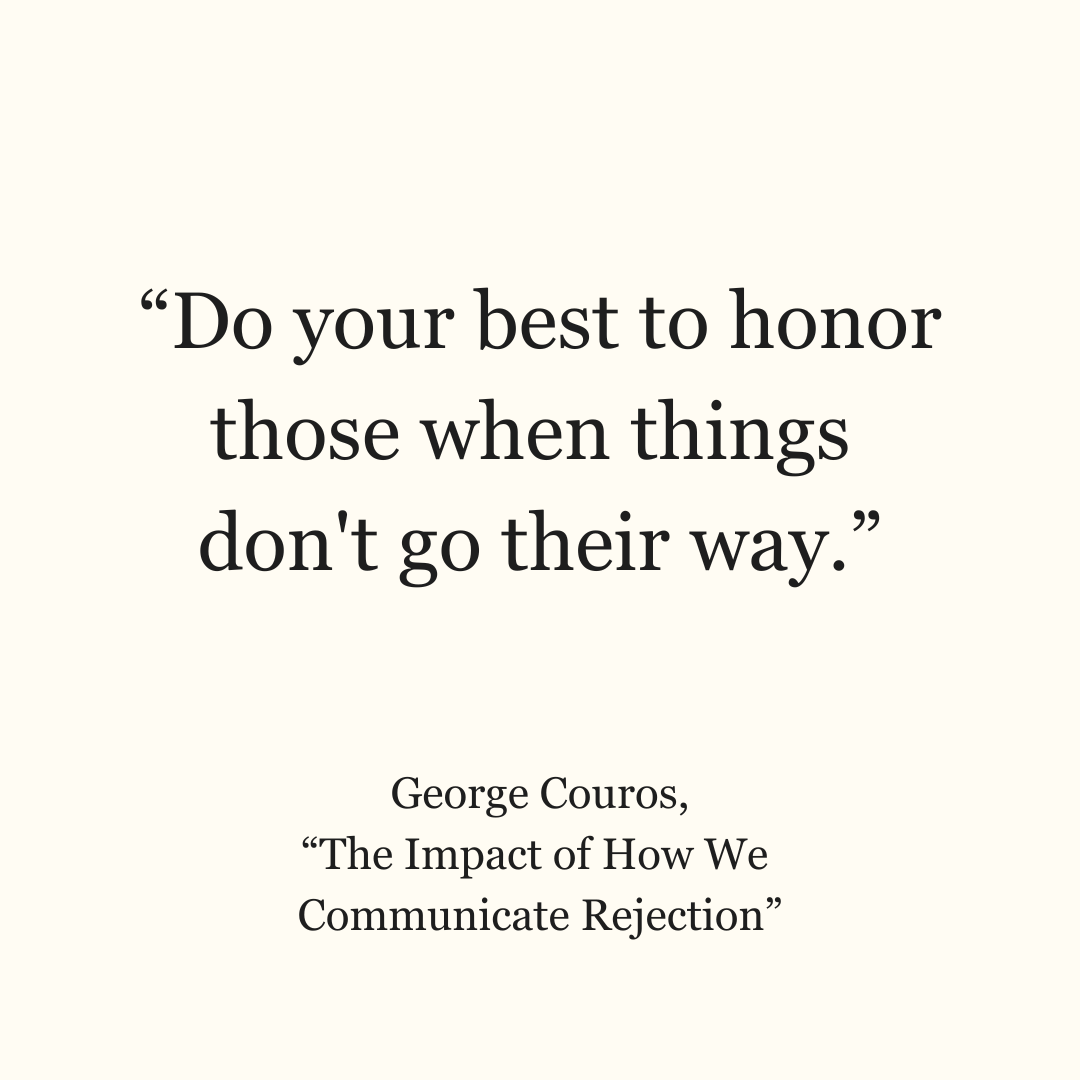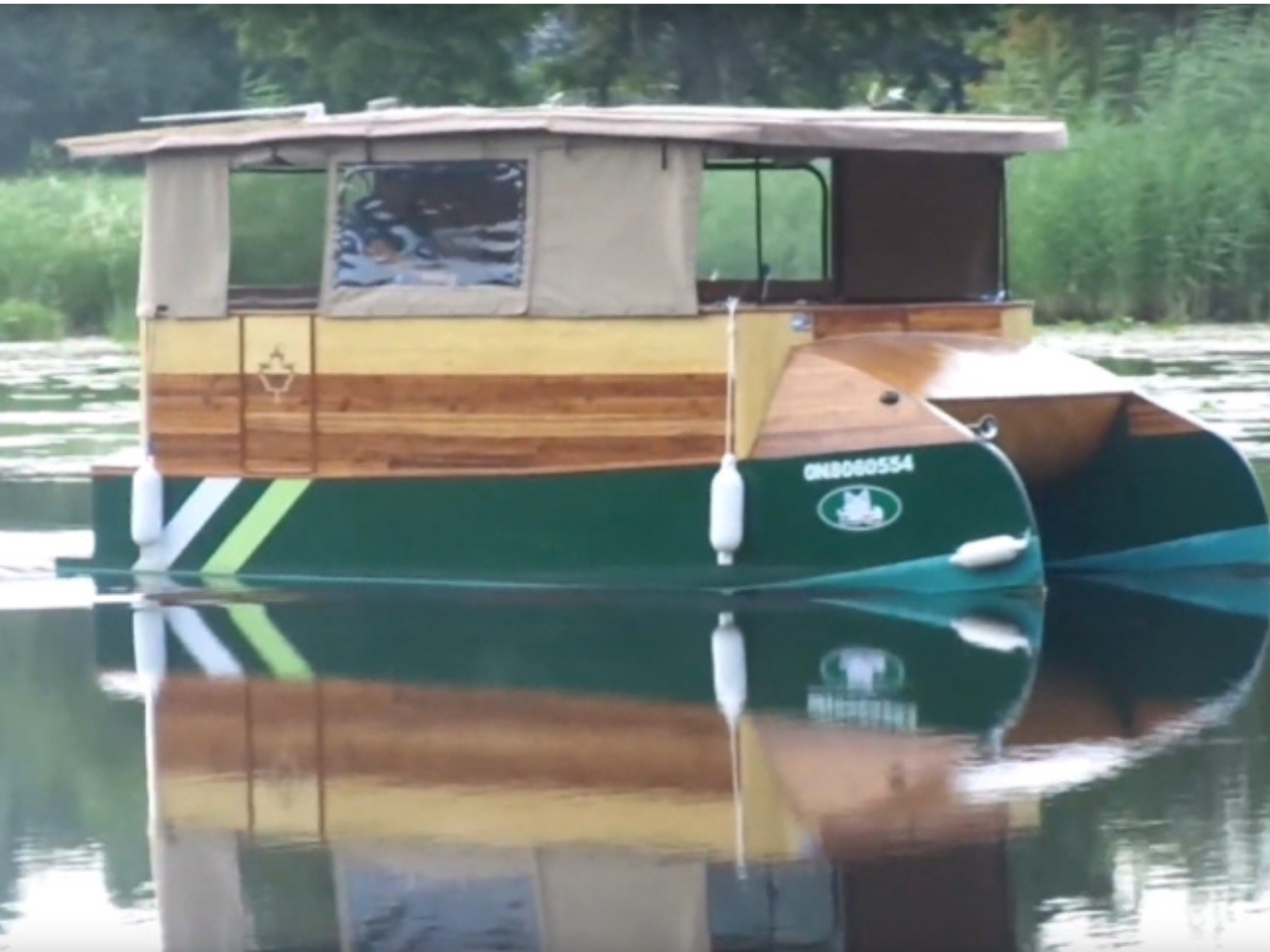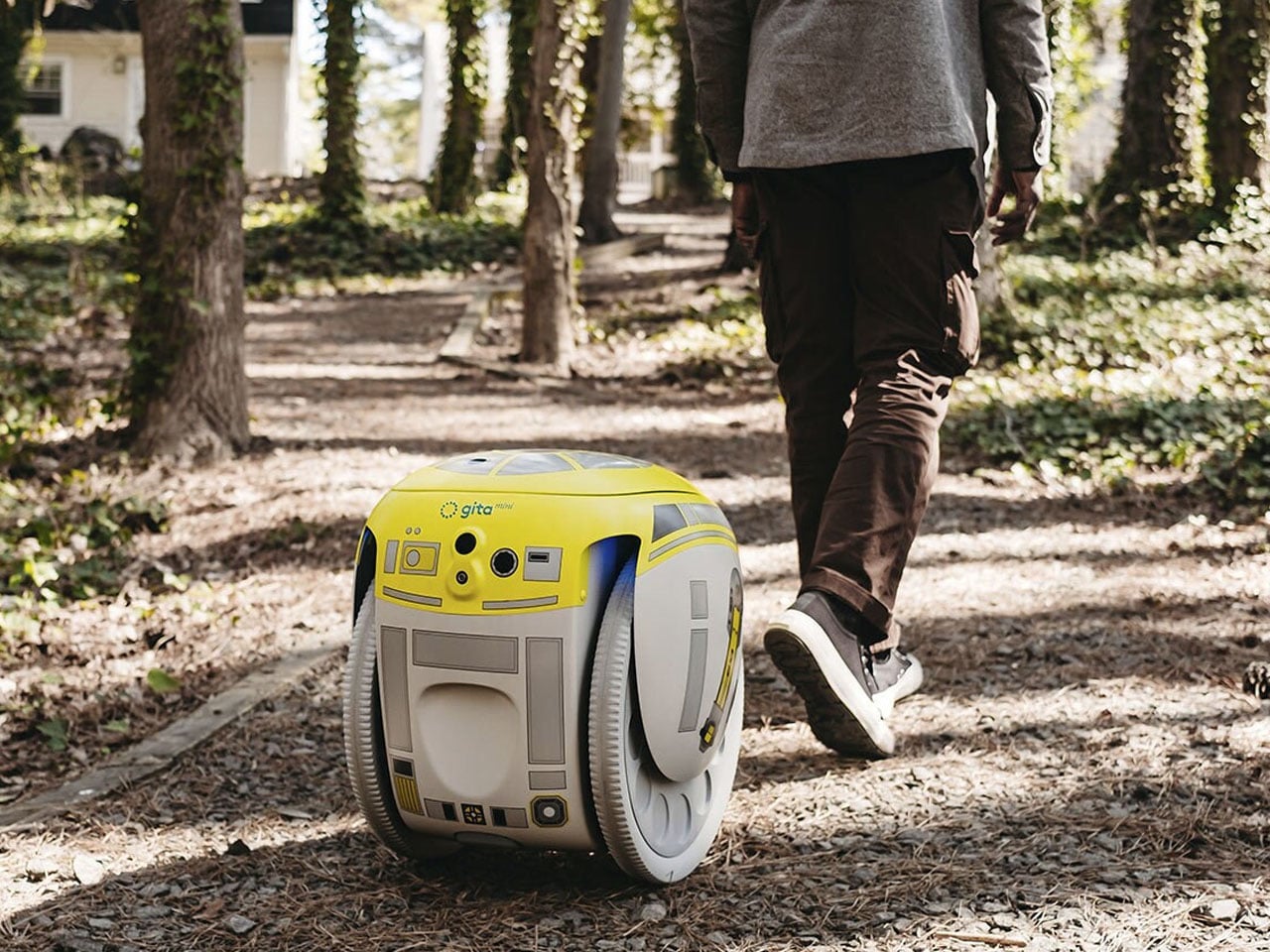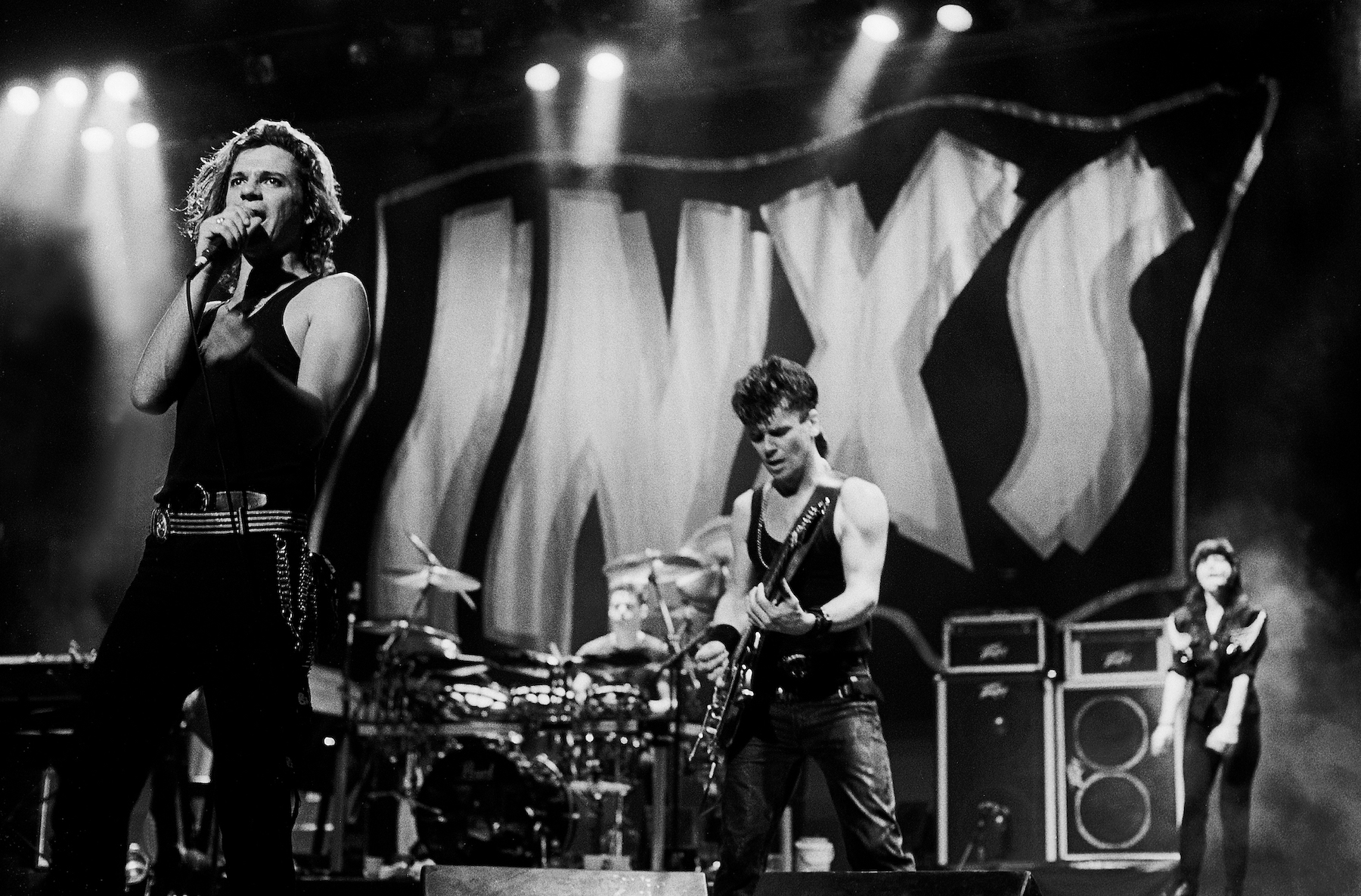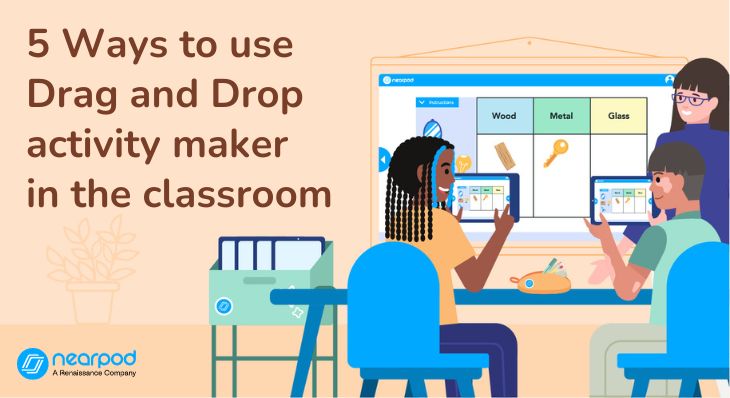No Undergrad, No Problem — How Matt Daiter Earned His CU Boulder MSEE Online
When New Jersey native Matthew Daiter enrolled in the University of Colorado Boulder’s online MS in Electrical Engineering program, he already had nearly a decade of real-world experience behind him. No undergraduate degree. No traditional academic trajectory. Just a “funky educational path,” a can-do attitude, and a career spent building and breaking boundaries in hardware […] The post No Undergrad, No Problem — How Matt Daiter Earned His CU Boulder MSEE Online appeared first on Coursera Blog.
When New Jersey native Matthew Daiter enrolled in the University of Colorado Boulder’s online MS in Electrical Engineering program, he already had nearly a decade of real-world experience behind him. No undergraduate degree. No traditional academic trajectory. Just a “funky educational path,” a can-do attitude, and a career spent building and breaking boundaries in hardware startups.
Now based in Hong Kong, Matt’s story is anything but conventional—but an inspirational one to read.
Skipping College, Joining the Workforce
“I didn’t go to undergrad for college,” Matt says. “I started working right after high school.” That decision kicked off a whirlwind four-year journey: two startups, lots of hands-on learning, and seemingly no real need for a path back into education. Then, upon trying to return to an undergrad program for a semester in his early-mid 20s, he quickly realized it wasn’t the right fit.
“Most undergrad programs are rigid, structured four-year experiences,” he explains. “I wanted to see—is there a path that reflects my past experience, with the ability to start going to school again, without it being repeat material or time churning?”
Enter: CU Boulder’s Performance-Based Admissions
Matt found his answer in Boulder’s online MSEE, which offers performance-based admissions (PBA)—a system that lets learners prove their readiness through initial coursework, not prior transcripts.
“It helps to have a program that allows you to prove yourself to get in,” he says. “The flexibility Boulder offered—allowing you to skip through based on performance or merit—really helped out.”
For someone like Matt, who had already been consulting, contracting, and building real products, the traditional gatekeeping of academia just didn’t make sense. He needed something built for doers.
Why Go Back to School at All?
“You can self-teach up to a certain point,” Matt says. “But I was hitting boundaries. I wanted to lean into product development and physical product development—and I was capping out at what I could independently produce.”
Despite speaking at conferences and advising startups, he found that not having a formal degree held him back, especially internationally. “Visa problems. Not being taken seriously by the government. If you only have a high school degree, they expect you to produce at a certain (lower) level.”
Earning his master’s was about gaining validity, expanding his options, and finally diving into topics he’d been itching to explore, like microelectronics, signal systems, and power systems—he semi-jokes, “the ability to plug in any device to the wall and not blow a fuse.”
What Online Learning Is Really Like
Matt doesn’t sugarcoat his experience: Boulder’s online program isn’t for everyone.
“This shouldn’t be for everyone,” he says. “If you want to learn how to swim, you can either find a pool, take online courses and teach yourself. Or you can pay to show up at a pool and have an instructor hold your hand. Both are valid—but they’re different personality types.” For Matt, Boulder’s online learning experience was more like the former, having him really maintain a deep interest and a self-starter mentality.
In being a part of the first cohort for this program, he recalls frustrating moments—finals with incorrect answers, the isolation of never physically meeting classmates, and the occasional “Reddit-plus” chaos of discussion forums and Slack threads. But the tradeoff was worth it: total flexibility.
“With Boulder, if you want to speedrun, you can. Getting to the end of these course markers almost felt like a game.”
He completed the degree between October 2019 and December 2020, and feels proud of finally making the firm decision to jump back into schooling. “I wasn’t great at taking time off to round myself out, and school was a great guise for this. Even though I wasn’t working, I still felt like I was progressing.”
Advice for Future Learners: Just Start
Matt’s biggest advice? Don’t wait for the perfect time.
“Just start,” he says. “It’s way harder to let it bubble over and find the right moment to dip in. I remember feeling that way for two years before actually going back.”
“Optionality” was a trap, he adds: “Keeping a door open shuts other doors down the road. Just make the call and decide whether you want to do this thing or not.”
Rewriting What Education Means
Now, with a formal master’s degree in hand and years of startup experience behind him, Matt is continuing to do contract and advisory work for startups across the globe—and eyeing his next move.
“I was so worked up over how to conceptualize an education and what that was supposed to mean,” he says. “But you just have to jump in and start swimming.”
The post No Undergrad, No Problem — How Matt Daiter Earned His CU Boulder MSEE Online appeared first on Coursera Blog.


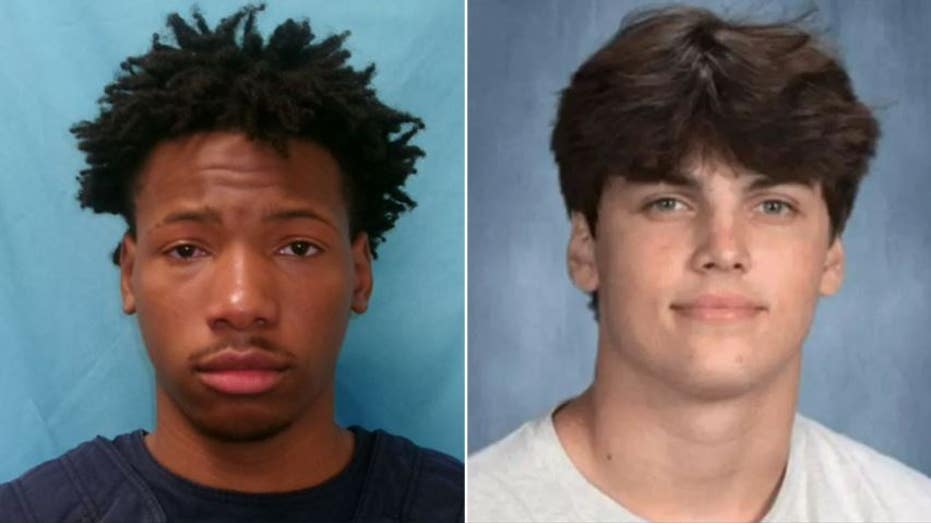
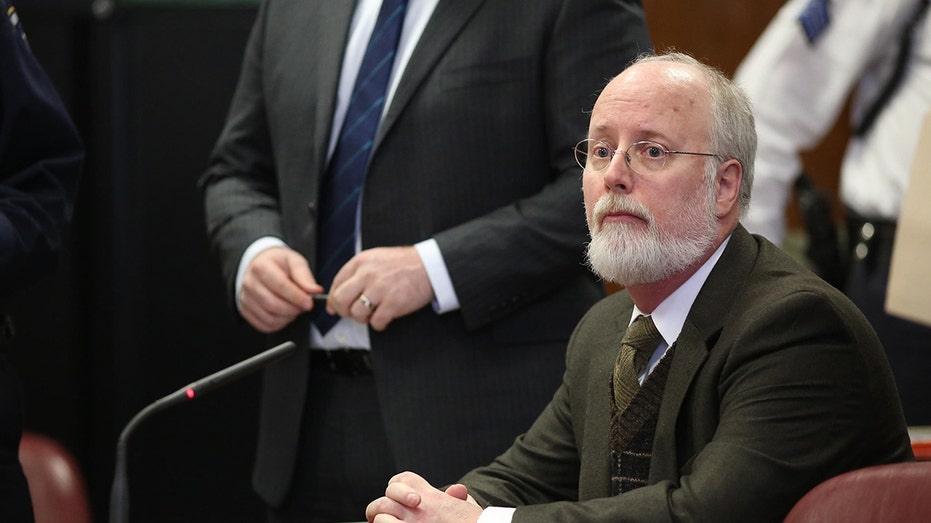
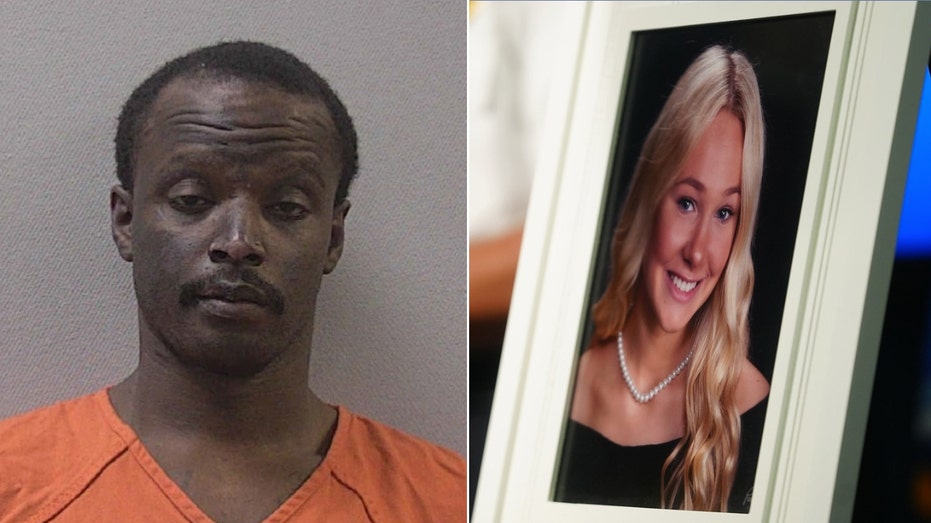







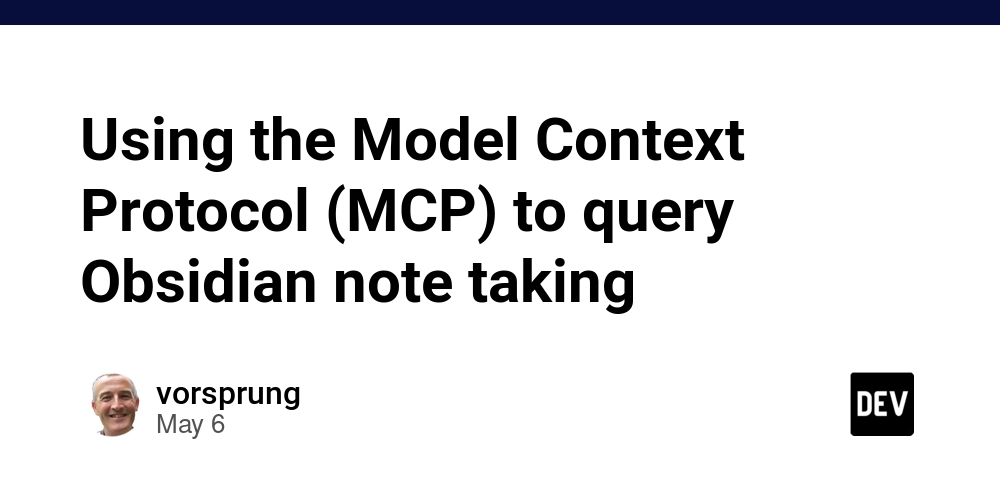
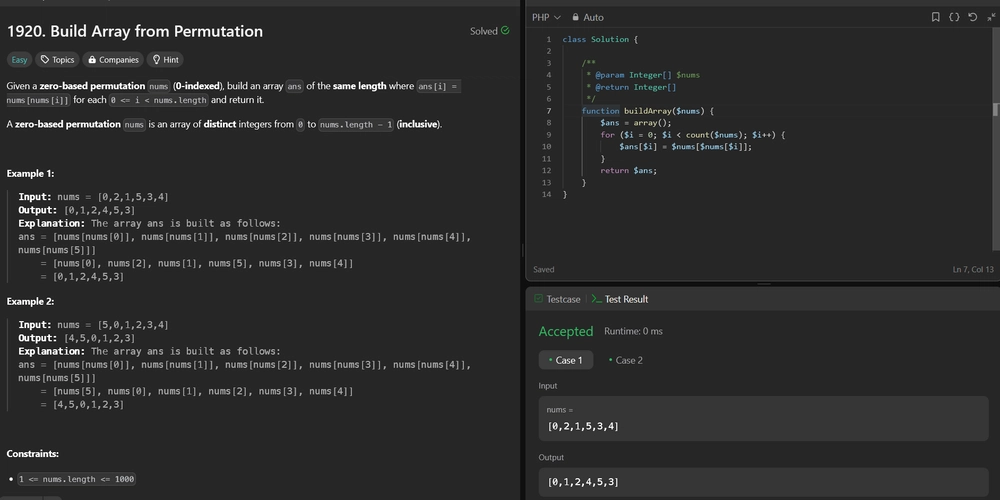



_Brian_Jackson_Alamy.jpg?width=1280&auto=webp&quality=80&disable=upscale#)
_Steven_Jones_Alamy.jpg?width=1280&auto=webp&quality=80&disable=upscale#)


.jpg?width=1920&height=1920&fit=bounds&quality=70&format=jpg&auto=webp#)






